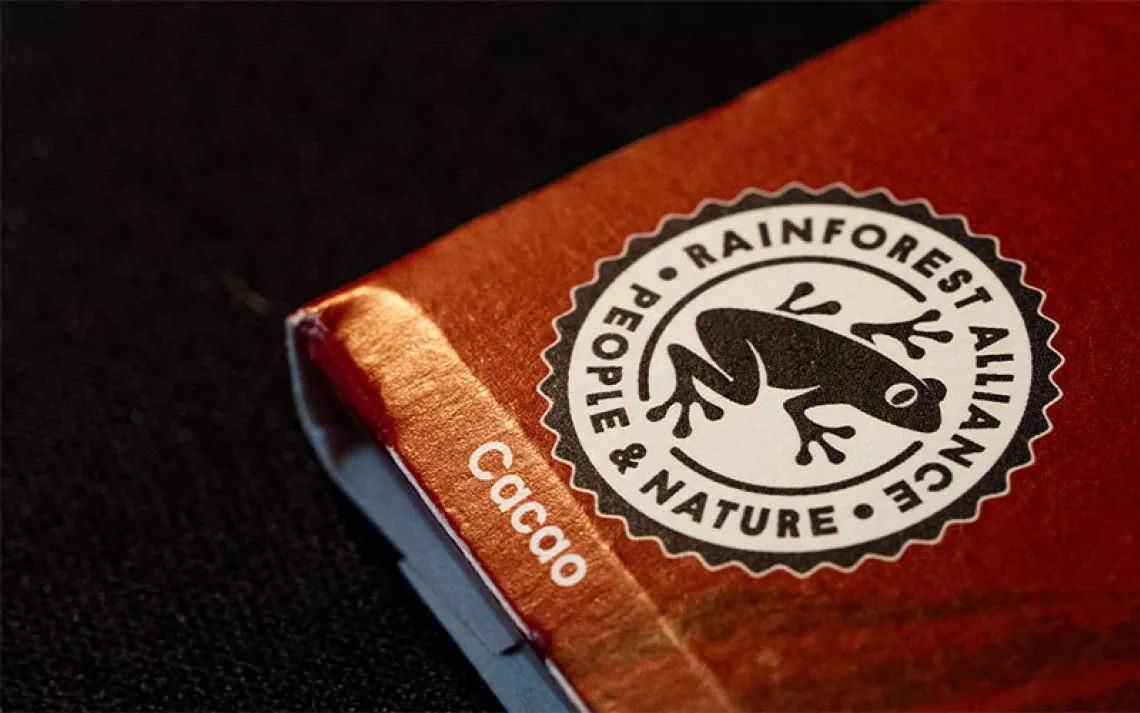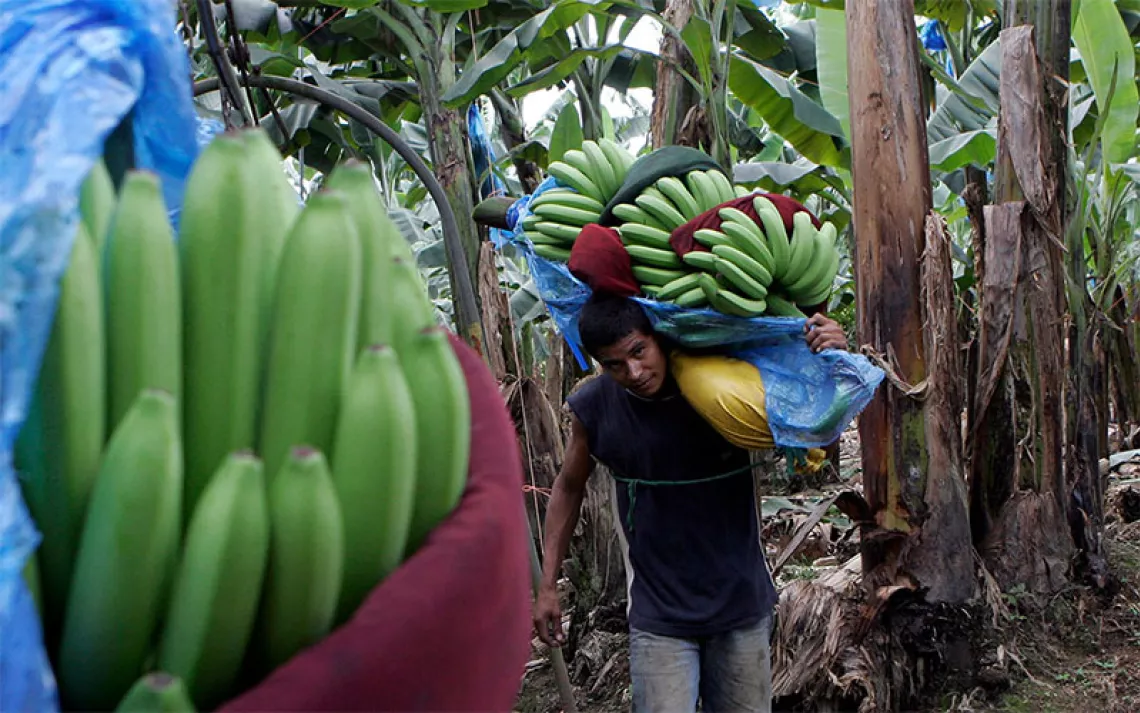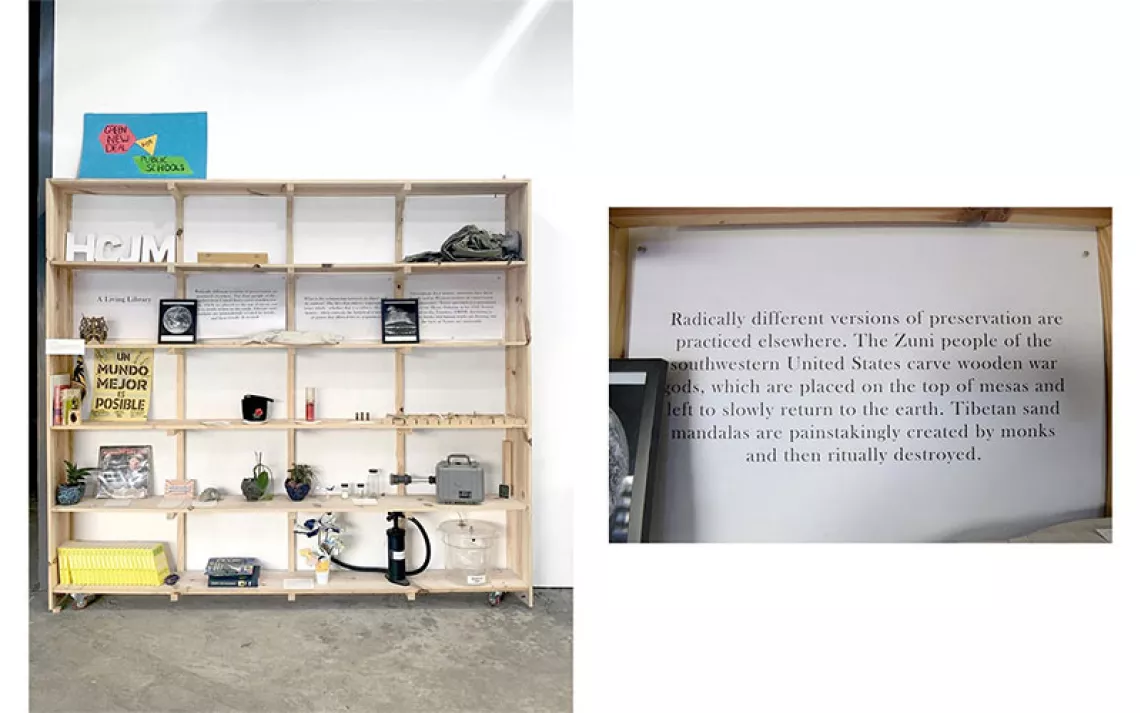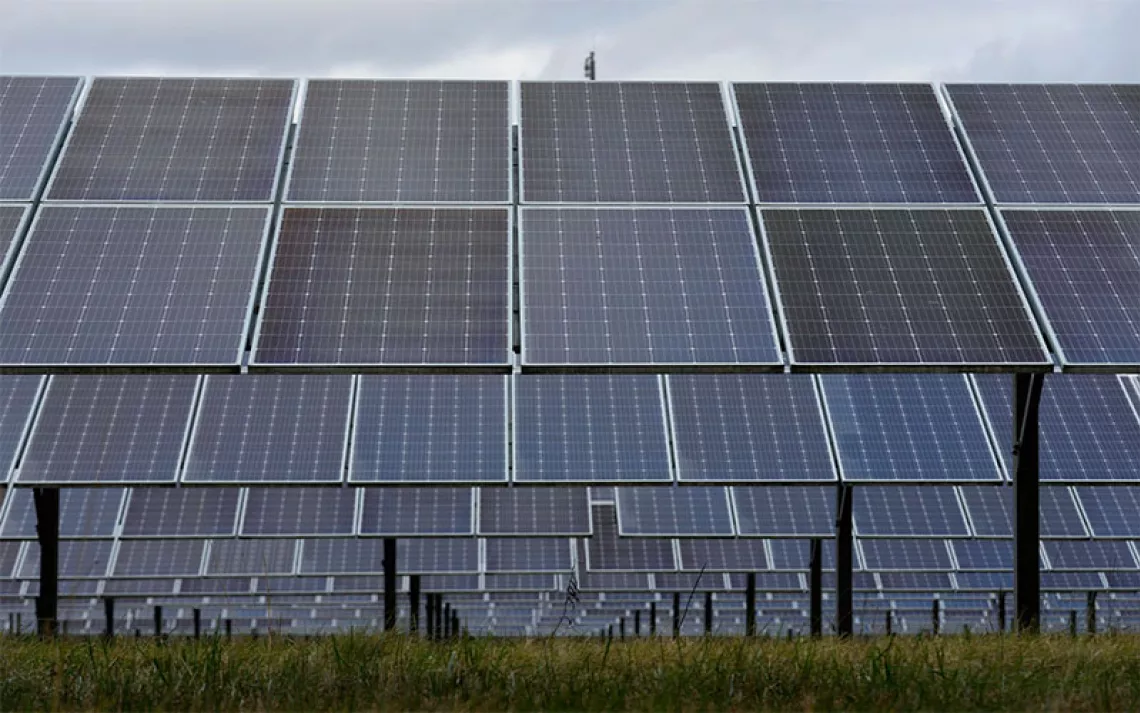Why Civil Rights Are Central to Our Mission
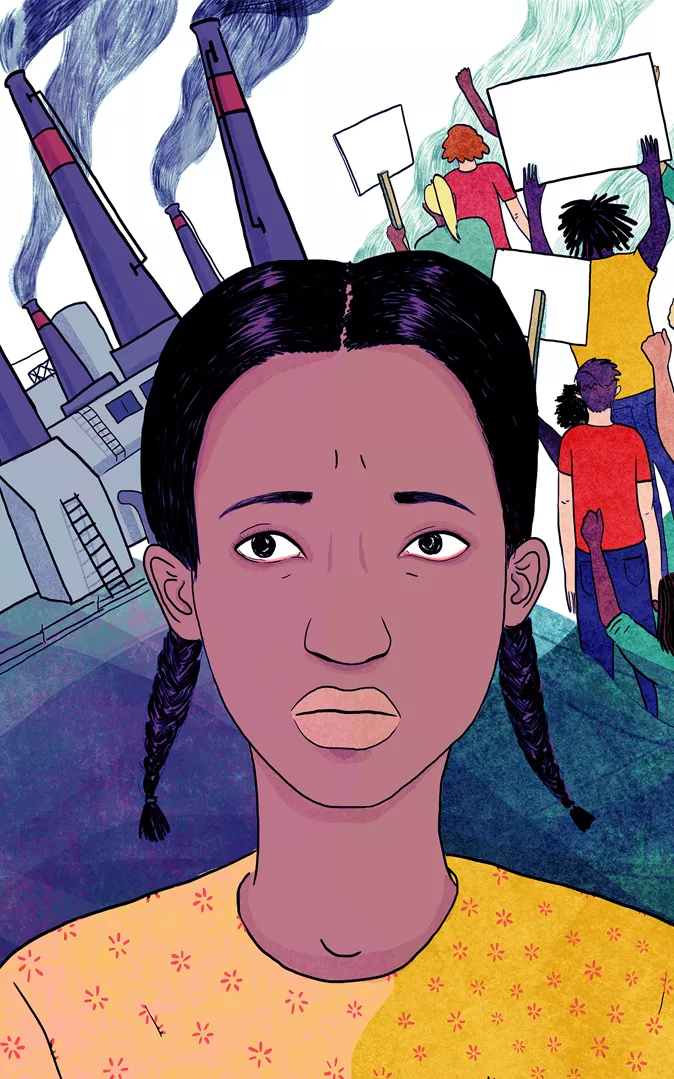
Illustration by Lily Padula
People sometimes ask me why the Sierra Club is taking stands on "nonenvironmental" issues such as racism and economic injustice. Shouldn't we stick to our traditional mission of protecting the planet?
It's a fair question, and I understand where it's coming from. Here's how I answer it. First, let's be clear that the Sierra Club is not going to abandon its core mission. I believe that today we are more effective than ever at achieving our goals, which are laid out in the Club's official mission statement: We will protect the wild places of the earth. We will practice and promote the responsible use of the earth's ecosystems and resources. We will work to protect and restore the quality of the natural and human environment. And to accomplish all of that, we are going to "educate and enlist humanity."
What's left unsaid, though, is the why. Why does it matter whether we protect a pristine but distant wildlife refuge that most of us will probably never visit in person? Why should we care whether air pollution makes somebody else's child sick? What difference does it make whether thousand-year-old trees are chopped down to build backyard decks?
When you boil down our reasons for doing this work, sooner or later you get to basic morality, to issues of right versus wrong. It's wrong to poison the air and water. It's selfish to waste or destroy resources that can't be replaced. The earth is not our property. As Wendell Berry once put it, the planet is "borrowed from our children." To treat it otherwise is wrong.
Fundamentally, the Sierra Club's values are rooted in principles of justice, fairness, and equality. To apply those values selectively would be to negate them. Both nature and people deserve justice and full protection under the law. We harbor no illusions that we can end all of the injustice in the world, but if we can make a difference by doing our own part and through righteous support, we should.
By honoring those values, we end up being more effective in our environmental work. Where is the worst pollution? Usually, it's in the same communities where other injustices are occurring. Whether those injustices are environmental, economic, or social, you can't pretend to care about one type while ignoring all the others. Yes, people deserve clean air and water, but they also need to live without fear of police brutality and to receive a living wage. They deserve civil rights and the right to enjoy and protect nature.
You don't need to dig very deep to find other connections among the varieties of injustice. The same economic logic that drives corporations to cut costs by paying poverty wages also drives them to conduct their businesses unsustainably. When people of color are systematically denied the right to vote, the corrosive effect on our democracy serves the interests of wealthy polluters. And when a coal-burning power plant is built near a community of color, it's a lost opportunity for clean energy.
To enlist humanity to our cause, we need to care what happens to our fellow humans. To restore the quality of the human environment, we need to consider how all our neighbors live their lives. When we stand in solidarity with other communities in their struggles, we find that they become powerful allies in our own work.
Does that mean we're straying from the trail of "traditional" environmentalism? Quite the opposite. I prefer to think of it as taking the high road.
 The Magazine of The Sierra Club
The Magazine of The Sierra Club
